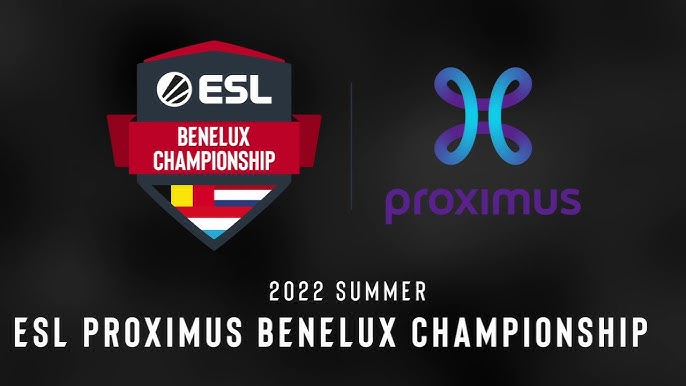The Benelux Championship represents a unique and fascinating intersection of sports, culture, and regional pride within the heart of Europe. This competition not only showcases the athletic prowess of participating nations but also highlights the historical ties and cultural exchanges that have characterized Belgium, the Netherlands, and Luxembourg for centuries. As we dive into the intricacies of the Benelux Championship, we will explore its origins, evolution, the various sports it encompasses, the impact on the athletes and communities involved, and its potential future kubet.
Historical Background of the Benelux Championship
Understanding the Benelux Championship necessitates an exploration of its rich historical context. The term “Benelux” itself is derived from the initial letters of Belgium, the Netherlands, and Luxembourg. This cooperative agreement began in the aftermath of World War II, as these nations sought to foster economic collaboration and political stability in a rapidly changing European landscape.
Origins of the Benelux Cooperation
The roots of the Benelux Championship can be traced back to the formation of the Benelux Economic Union, which was officially established in 1958. This arrangement aimed at facilitating free trade and movement among the three countries. In this sense, the Benelux Championship is much more than a sporting event; it serves as a symbol of unity, resilience, and shared identity.
The inception of the championship itself came about as a way to promote friendly competition among nations while fostering camaraderie and goodwill. Athletic events have historically acted as a bridge between cultures, creating a platform where individuals can come together, celebrate their differences, and find common ground through sportsmanship.
Evolution of the Championship Format
Over the decades, the Benelux Championship has undergone several transformations. Initially focused on a limited number of sports, it has expanded to include various disciplines reflecting the diverse interests of the three nations. While football (soccer) prominently features in the championship, other sports like basketball, athletics, and swimming have gained traction over time.
This evolution mirrors broader changes in society, with increased recognition of women’s sports and youth participation leading to a more inclusive approach to athletic competitions. By adapting to contemporary values and trends, the Benelux Championship ensures relevance and engagement with new generations of athletes and fans alike.
Cultural Significance and National Identity
At its core, the Benelux Championship plays an essential role in shaping the national identities of the participating countries. Each nation brings its unique sporting traditions and cultural heritages to the table. For instance, Dutch field hockey and Belgian cycling have long been celebrated, creating opportunities for national pride when competing against each other.
Moreover, the championship enables attendees and viewers to become engaged with their national teams, strengthening community bonds and instilling a sense of belonging. The collective experience of cheering for one’s country fosters unity among fans, transcending language barriers and regional differences.
